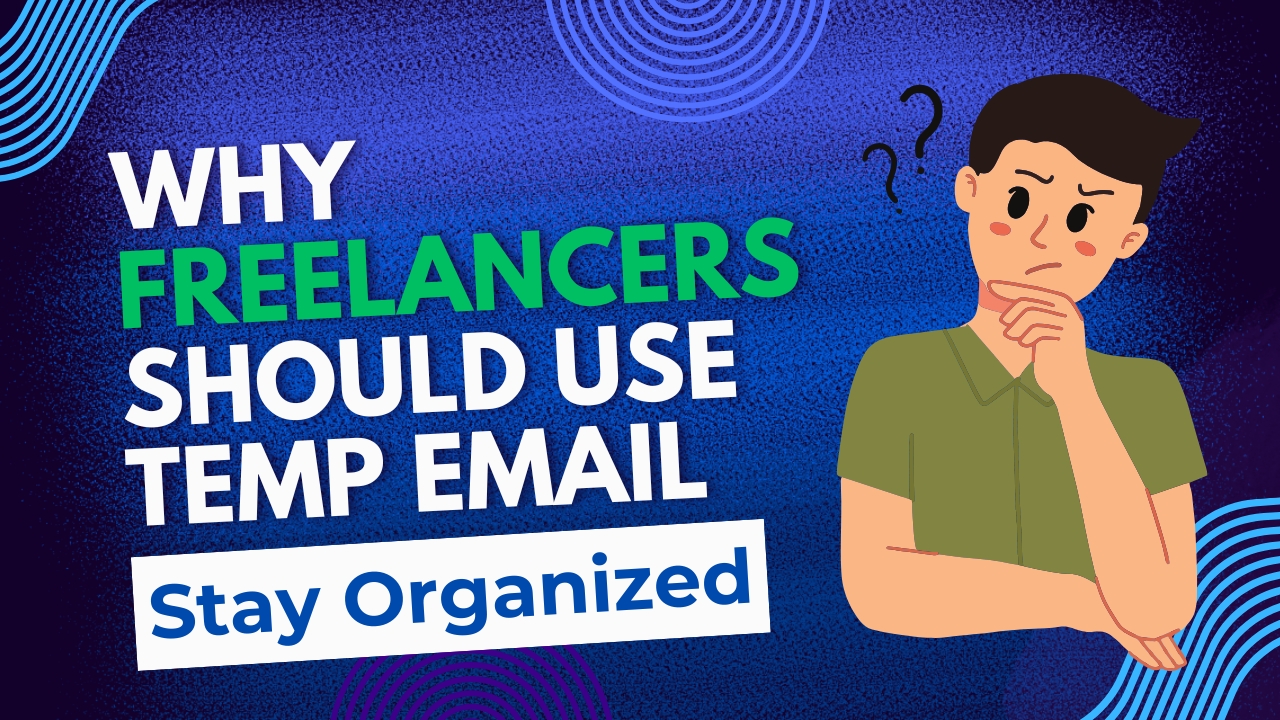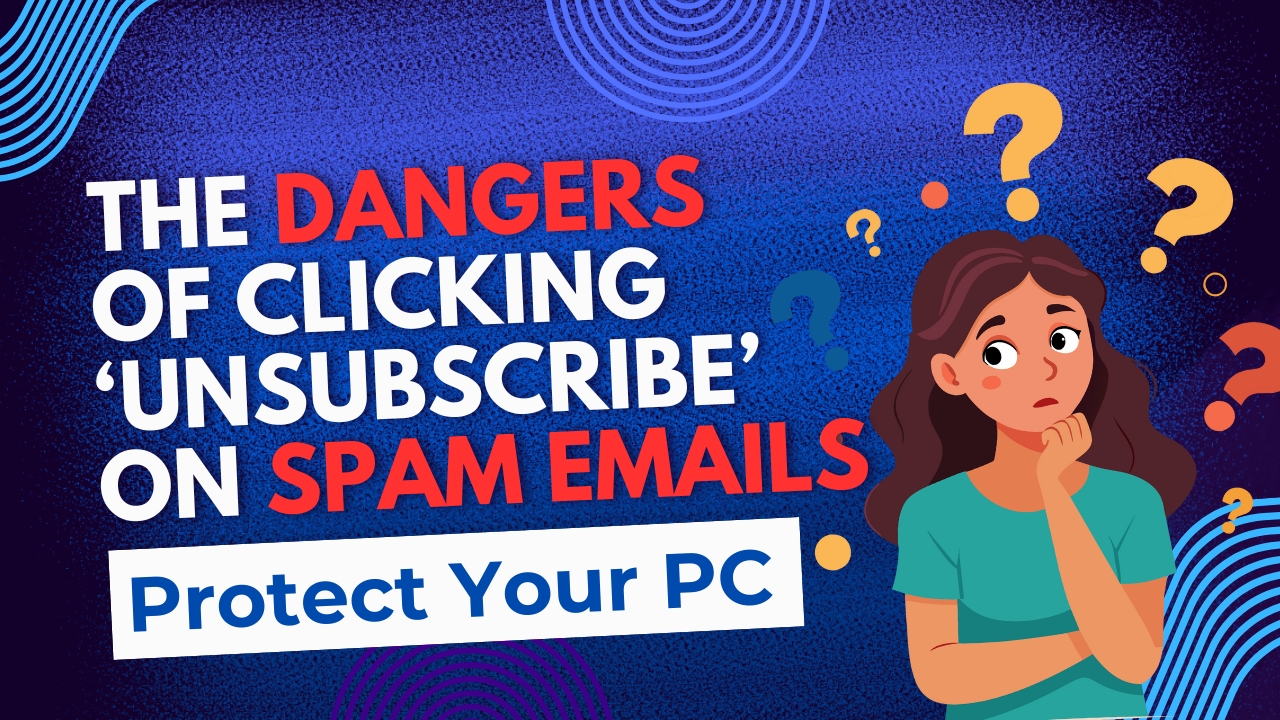Freelancing and remote work are now a regular part of life for millions of people. Whether you're designing websites, writing content, managing digital ads, or offering support services, working online brings more freedom — but also more exposure. Most freelancers interact with dozens of platforms, tools, and clients, often sharing their email address over and over again.
While your inbox becomes the hub of your work, it also turns into a target. Messages from clients, platforms, promotions, and even scammers all land in one place. That’s why temporary emails have become a hidden gem for remote workers. They help keep your workflow clean, reduce distractions, and protect your privacy when it matters most.
Freelancers Often Sign Up on Dozens of Platforms
To find good opportunities, freelancers often create profiles on job platforms like Fiverr, Upwork, Freelancer, and many more. Then there are marketplaces, invoicing apps, time-tracking tools, and cloud services — all requiring email to sign up. Every time you enter your personal email, you increase the chance of ending up on mailing lists you never agreed to.
After a while, it becomes a nightmare to sort useful work-related messages from spam, marketing emails, and platform updates. This overload can make you miss real work opportunities or important communication. Temporary emails are a great solution here. You can use them to register on platforms you're testing out or not sure about, while keeping your main inbox reserved for serious work.
Job Scams and Fake Clients Are Common Online
The online freelance space is full of real opportunities, but it’s also filled with fake job posts, phishing emails, and scam clients pretending to offer work. They often ask you to share your email for further details and then use that to send spam, malware, or phishing links disguised as contracts or project details.
A disposable email adds a layer of protection when dealing with unknown clients. You can explore the opportunity without putting your personal inbox at risk. If something feels shady, you can close the temporary email and move on — no harm done. This is especially useful for beginners still learning to spot trustworthy offers.
Separating Work and Personal Life Is Harder When Remote
When you work from home or a coffee shop, it’s easy for your work life and personal life to blend together — especially in your inbox. You might get a message from your electricity provider followed by a job request from a client. Keeping things separate becomes harder the more platforms and tools you use.
Using temporary email addresses helps you organize your online life better. You can use one for work tools you're testing, another for signing up to newsletters, and your main one only for clients and important updates. This keeps your personal email clutter-free and lets you focus on tasks that matter without distractions.
Managing Client Communication Without Inbox Clutter
Some freelance jobs are short-term. A client may only need your help for a week or two and never contact you again. But even after the job is done, you may continue to get updates from their system, team invites, newsletters, or platform emails that you didn’t expect. These pile up and bury important communication.
Using a temporary email address for one-off clients or short gigs allows you to maintain clear boundaries. Once the job is complete, you can stop checking or discard the address. This keeps your inbox focused only on current work. It’s an easy way to stay organized and reduce noise without missing important updates from your active clients.
Trying New Tools and Services Without Commitment
Freelancers often try out new tools before committing — whether it’s a project management app, invoicing platform, or time-tracking service. Most of these tools require email registration, and then they start sending tutorials, feature updates, promotional deals, and reminders even if you stop using them.
A temporary email gives you the freedom to explore tools without the marketing aftermath. If you decide the tool isn’t for you, there’s no need to manually unsubscribe or delete the account. Just forget the temp email and move on. It’s a hassle-free way to test software and services without handing over your main inbox.
How Temporary Email Improves Freelancing Privacy
Freelancers sometimes need to communicate with unfamiliar people — like random clients from different countries, new teams, or startup founders. Sharing your real email puts your name, location, and digital identity at risk of exposure, especially if someone uses that address to look up more about you.
By using temporary emails, you gain a protective wall between your personal identity and the outside world. It keeps your real name, contact info, and long-term inbox safe. This is especially important for freelancers working internationally or dealing with clients across time zones and unknown industries where trust is still being built.
When Freelancers Should Avoid Using Temp Mail
As helpful as temporary emails are, there are moments when you should avoid using them. For long-term contracts, business relationships, legal documentation, or tax-related communication, always use your official email address. This builds trust and ensures you don’t miss important messages.
Clients hiring you for bigger projects will likely expect a professional, consistent way to reach you. In these cases, disposable emails might create confusion or make you look unreliable. A smart approach is to use temp mail for quick tests, short trials, or uncertain opportunities — and switch to your real email once you’re sure it’s worth your time.
Final Thoughts
Freelancing is full of opportunity, but also full of risks — especially when it comes to your inbox. Between sign-ups, short-term clients, and spam, your email can get messy fast. That’s why temporary email services are such a useful tool. They give you privacy, reduce inbox stress, and make it easier to manage the many platforms you interact with every day.
Using temp mail doesn’t mean you're hiding from clients — it means you're being smart about your digital footprint. With the right balance, you can enjoy the freedom of freelancing while protecting your identity and keeping your email organized. It’s a small step with a big impact on your workflow.
FAQs
1. Can I use temp mail to apply for freelance jobs?
Yes, for initial applications or platform sign-ups, temp mail is useful. For serious jobs, switch to your real email after you connect with a client.
2. Will clients trust me if I use a disposable email?
For short tasks, maybe. But for long-term projects or high-paying work, clients usually prefer a real, stable contact address.
3. What’s the best way to manage multiple work emails?
Use one email for core client work, another for platform sign-ups, and temp mail for things you’re testing or unsure about.
4. How long do temp emails usually last?
Most disposable email addresses last from 10 minutes to a few days, depending on the service. You can always create new ones quickly.
5. Is temp mail good for international freelance platforms?
Yes. It works well for platforms you're exploring or testing. Just be sure to switch to your main email if you're hired for real work.




